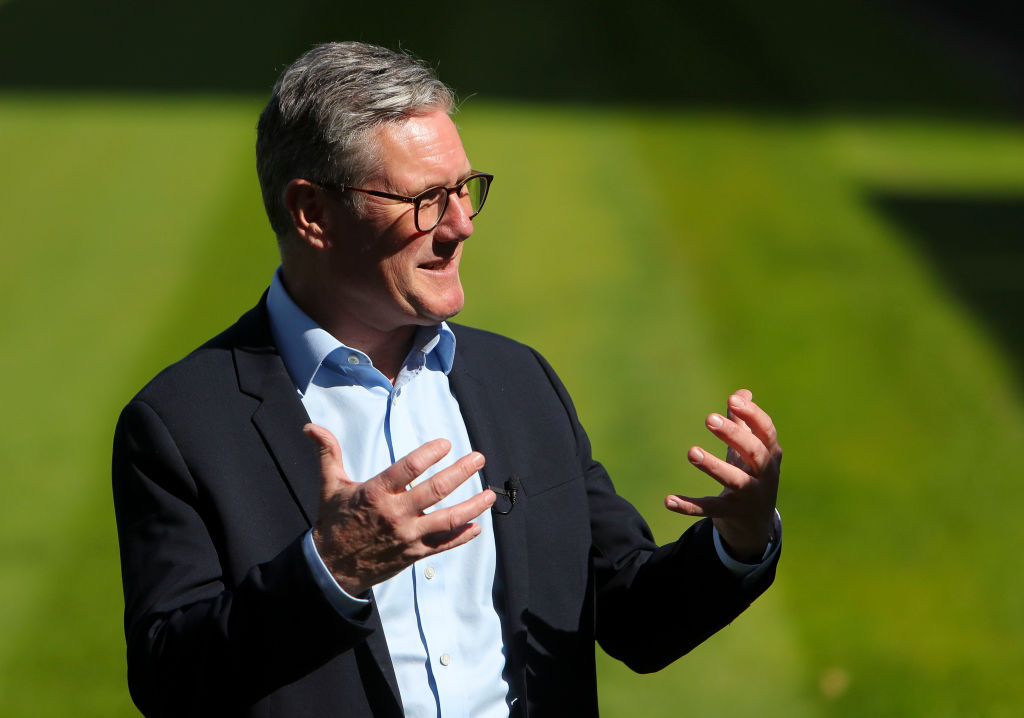When it comes to delivering growth, talk is cheap
Keir Starmer might not have much in common with Liz Truss, but they both put the pursuit of economic growth at the heart of their plan for government.


Keir Starmer might not have much in common with Liz Truss, but they both put the pursuit of economic growth at the heart of their plan for government.
The question now is whether Starmer’s plan is any more likely to work than the aborted efforts of his short-serving predecessor but one.
Before assessing that, we need to know what Starmer’s plan is. Talking about growth is the easy part (Labour’s manifesto used the word 200 times) but delivering it is much more challenging.
After all, if it were easy everyone would do it. Labour’s central pledge is to haul the UK to the top of the G7 growth rankings, with reports suggesting that the government will focus on per capita growth rather than just headline GDP figures.
This is encouraging, as per capita GDP is a far better indicator of economic health and living standards than overall GDP. On that, Starmer and Truss would agree. But that’s where the consensus ends.
During the campaign, one veteran City figure quipped that Labour MPs “talked about growth as if there was a button in Downing Street that nobody’s yet bothered to push.”
The truth is there are hundreds of buttons and thousands of different ways to push them. In other words, economic policy is a hugely political, philosophical and inevitably contentious territory.
Whereas Truss blew up her administration with a reckless package of tax cuts, Starmer is quite clearly preparing to raise them – particularly on the wealthy. He claims this is “short-term pain for long-term gain” as he struggles to put the economy on a stable footing, but not everyone’s buying this convenient explanation.
Today, Tory MP Tom Tugendhat, currently campaigning for his party’s leadership, will accuse Labour of deliberate “dishonesty” over the state of the public finances and he’ll point the finger at Starmer and his Chancellor, Rachel Reeves, for “inventing” a fiscal black hole in order to justify their own ideological choices.
Labour have presented themselves as grown-up, level-headed pragmatists, left with no choice but to raise taxes, and Tugendhat is absolutely right to challenge this portrayal. To govern is to choose. Labour’s choices reveal their instincts, and they point in a worrying direction.



